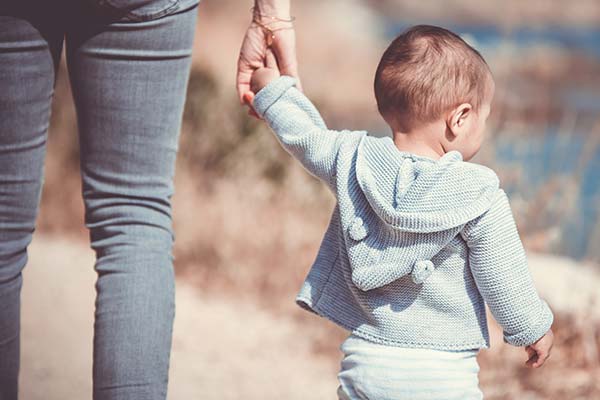Adoptions
Our Adoption Practice
Our adoption practice includes, but is not limited to:
- Representation of Biological Parent(s)
- Representation of Adoptive Parent(s)
- Private Placement Adoptions
- Counseling of Biological Parent(s) on the Benefits and Consequences of Open and Closed Adoptions
- Helping Biological Parent(s) Locate Suitable Adoptive Parents
- Step-Parent , Grandparent and Family Member Adoptions
Common Adoption Questions
What is Adoption?
Adoption is a process which ends the parental rights of the parents and makes the adoptive parent the legal parent. An adoptive parent will receive a court order and the child’s new birth certificate, naming the adoptive parent as the parent.
What is a Private Placement Adoption?
There are several types of adoptions. One kind is where the child is taken from the parents by a state agency. The child is put into foster care. A foster care agency is involved and, after a period of time, the child is adopted by the foster parents.
There are two types of private placement adoptions. One is where a parent surrenders his or her child, usually when the child is a baby, to person(s) who wish to adopt the child.
The other kind of private placement adoption occurs when a parent is having problems, and grandparents, aunts or uncles, siblings or close family friends agree to take care of the child(ren) outside of the foster care system. After a while, the person caring for the child may decide to adopt the child. A private placement adoption also occurs when a parent has died and another family member chooses to adopt the child or where a step-parent chooses to adopt his or her step-child.
In a private placement adoption, an agreement is reached between the child’s biological parents and the person(s) who wishes to adopt the child. The adoptive parent or parents must be “pre-certified” (approved) to take temporary custody of the child while the court decides if he or she is a suitable parent(s).
The court requires the adoptive parent(s) to submit a number of documents, including an adoption petition, marriage records (if any), and a report following an investigation of the adoptive parent’s home.
Before the adoption petition can be granted the parental rights of the biological parents have to be terminated. When the termination is voluntary the termination is accomplished by executing a Consent to Adoption before the Probate Judge. When the termination is involuntary a parental termination petition and hearing is required before the court will terminate the biological parent(s) rights.
If the parent or parents’ parental rights are terminated and the court finds that the adoptive parent or parents are able to provide for the child’s proper care and support, the court approves the adoption.
What is the Legal Effect of Parental Termination and Adoption?
Once the parental termination is finalized ALL of the biological parent(s) rights and responsibilities to the child are extinguished.
Once an adoption is approved by the court, the adoptive parent or parents are considered to be the child’s legal parents, with all of the rights and obligations of biological parents.
What Is The Difference Between Closed and Open Adoptions?
Basically there are two types of private placement adoptions: closed and open adoptions.
A Closed adoption is when the adoptive parents and the biological parents do not have any information about each other. They can meet face to face, but neither one knows names or addresses of the other.
With an Open Adoption, the adoptive parents meet and know the birth parent(s) and in some cases they even exchange detailed information. The adoptive parents and birth parents can agree to terms as to how long if any there will be communication between the adoptive parents and birth parents, as well as how frequently letters and photographs will be exchanged.

